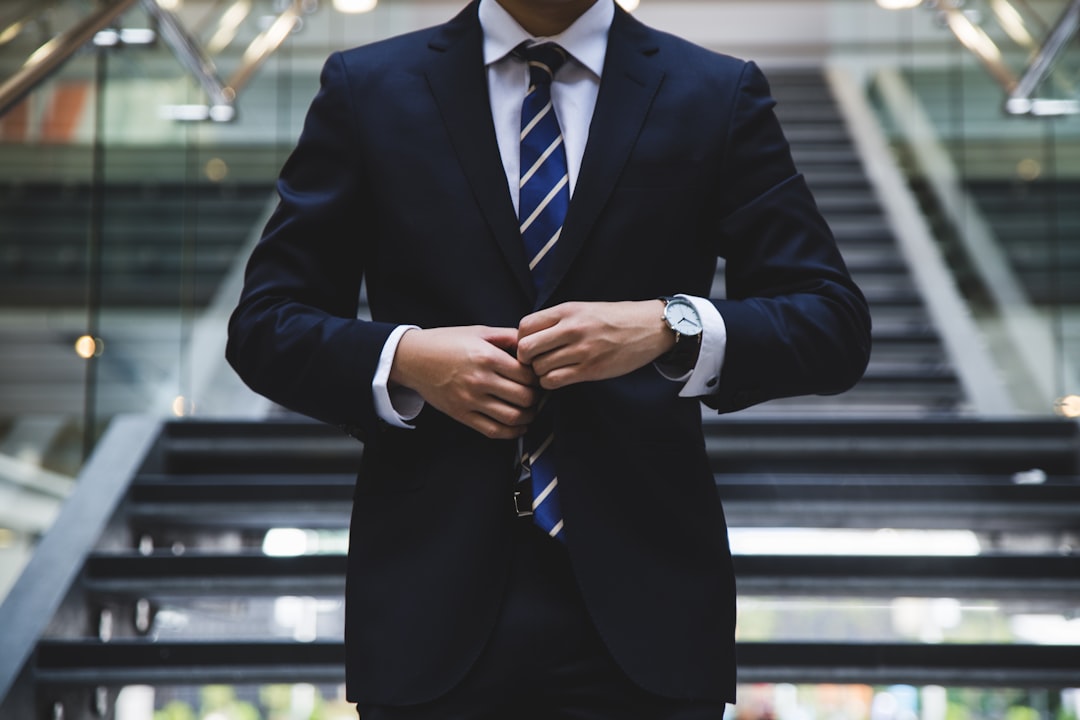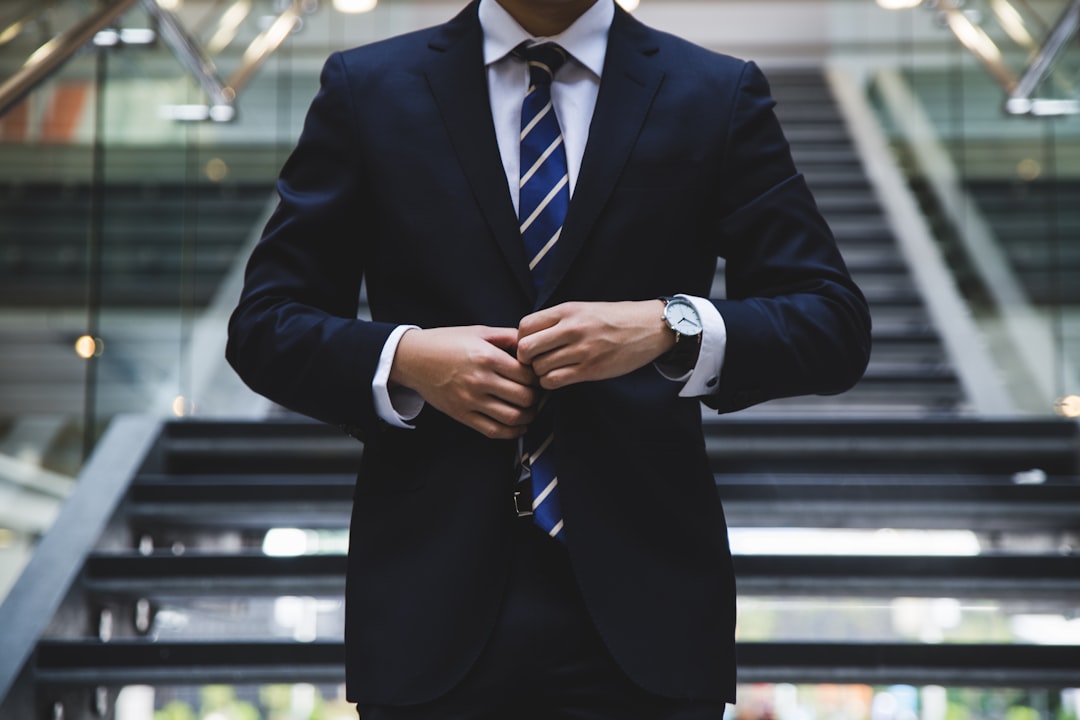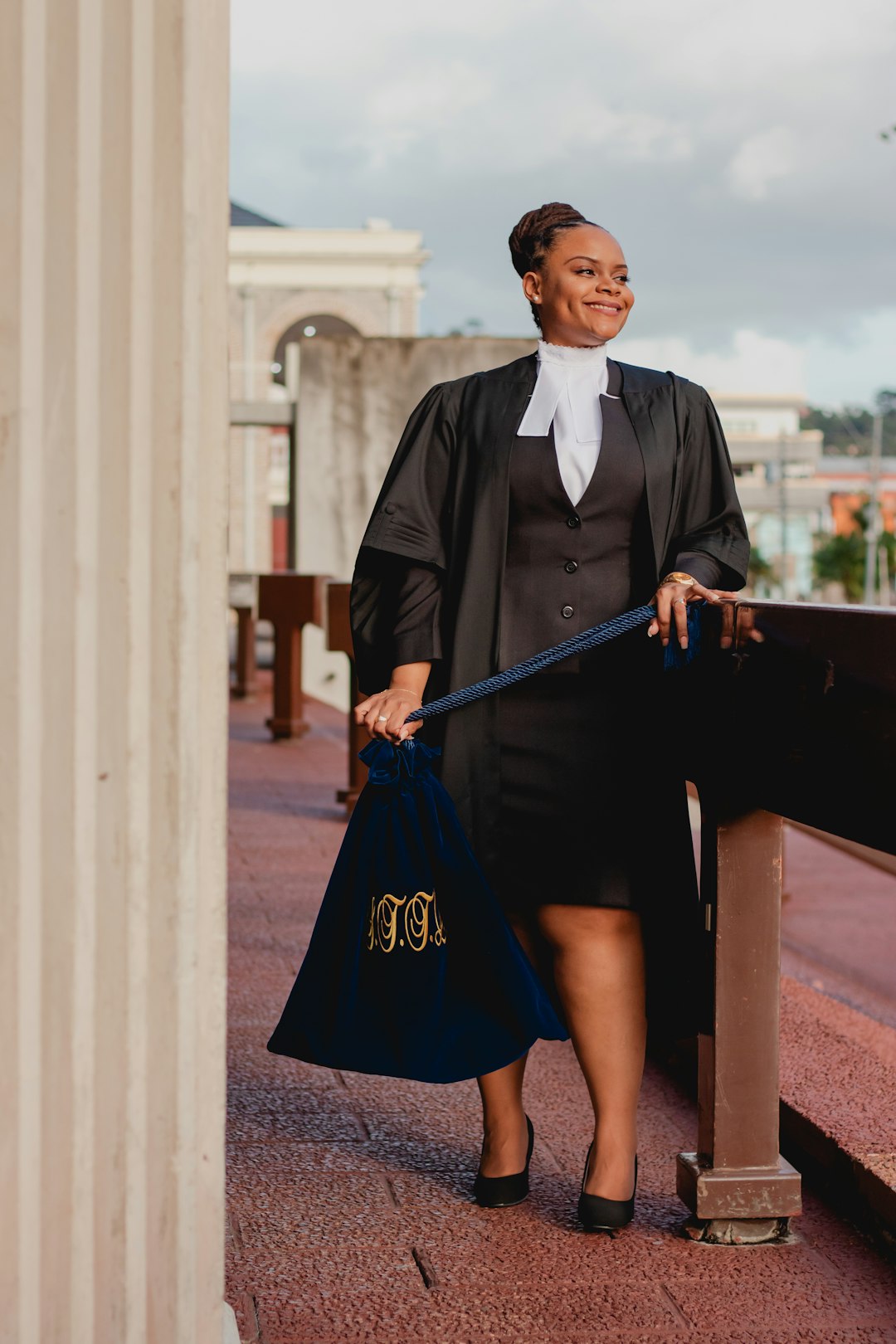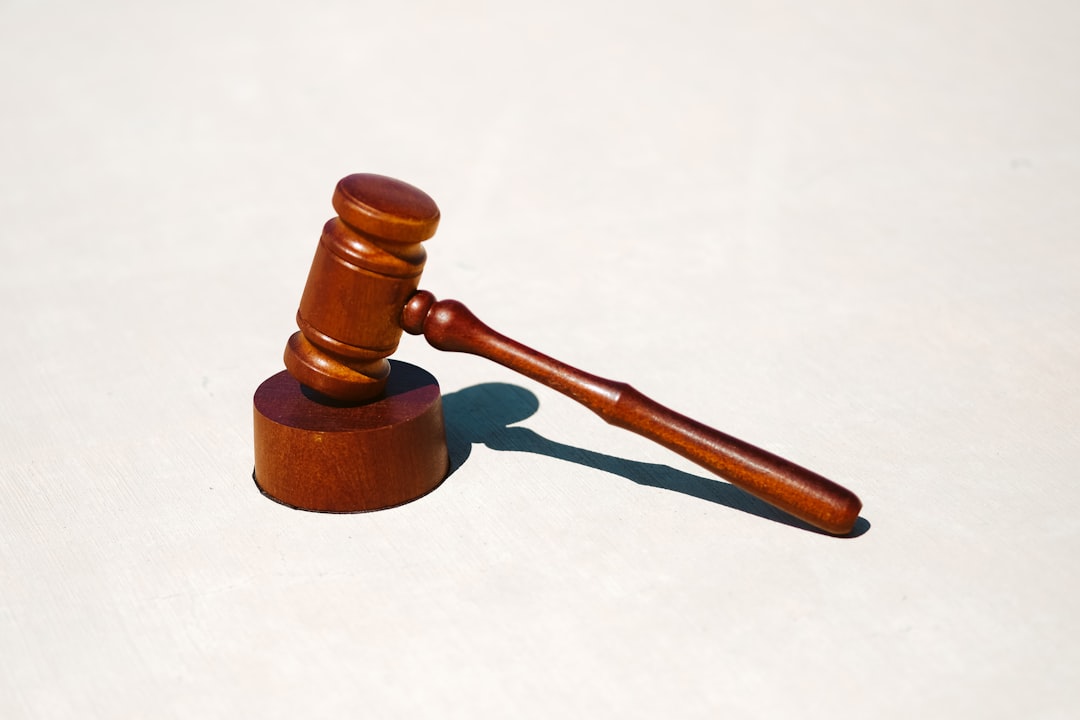Sexual assault is a pressing issue on Florida's college campuses, with long-lasting impacts on students' well-being. Survivors face emotional and physical trauma, requiring access to specialized resources like counseling and legal aid from rape attorneys Florida. These professionals offer crucial support, guiding clients through the justice system and advocating for their rights. Florida universities play a vital role in fostering safety by providing safe spaces, accessible reporting mechanisms, and educational programs on consent. Rape attorneys are essential in protecting survivors' legal rights and offering compassionate expertise, while community advocacy drives change and healing. Peer counseling, safe environments, and educational campaigns empower survivors to break the silence and promote respect.
“Sexual assault is a pervasive issue on college campuses, with Florida seeing its fair share of challenges. This article delves into the multifaceted approach needed to support survivors in the Sunshine State. From understanding the profound impact of such assaults to exploring the critical role of rape attorneys in navigating legal complexities, we offer insights. Additionally, we provide strategies for universities to create safe environments and highlight legal rights and community resources available to victims. By addressing these aspects, Florida campuses can foster healing and implement meaningful change.”
Understanding the Impact of Sexual Assault on College Campuses in Florida

Sexual assault is a significant and complex issue on college campuses across Florida, affecting students’ safety and well-being. Many survivors face profound emotional, physical, and psychological impacts that can disrupt their academic journeys. Understanding the severity of this problem requires recognizing that sexual violence can lead to long-lasting trauma, including anxiety, depression, post-traumatic stress disorder (PTSD), and even chronic health issues. The presence of supportive resources is pivotal in helping survivors navigate these challenges.
Florida’s college campuses have a crucial role in fostering a culture of safety by providing access to specialized services, such as counseling, legal aid from rape attorneys Florida, and student advocacy programs. These initiatives ensure that survivors receive the necessary assistance, enabling them to take control of their healing process while pursuing education without fear or retaliation.
The Role of Rape Attorneys in Supporting Survivors
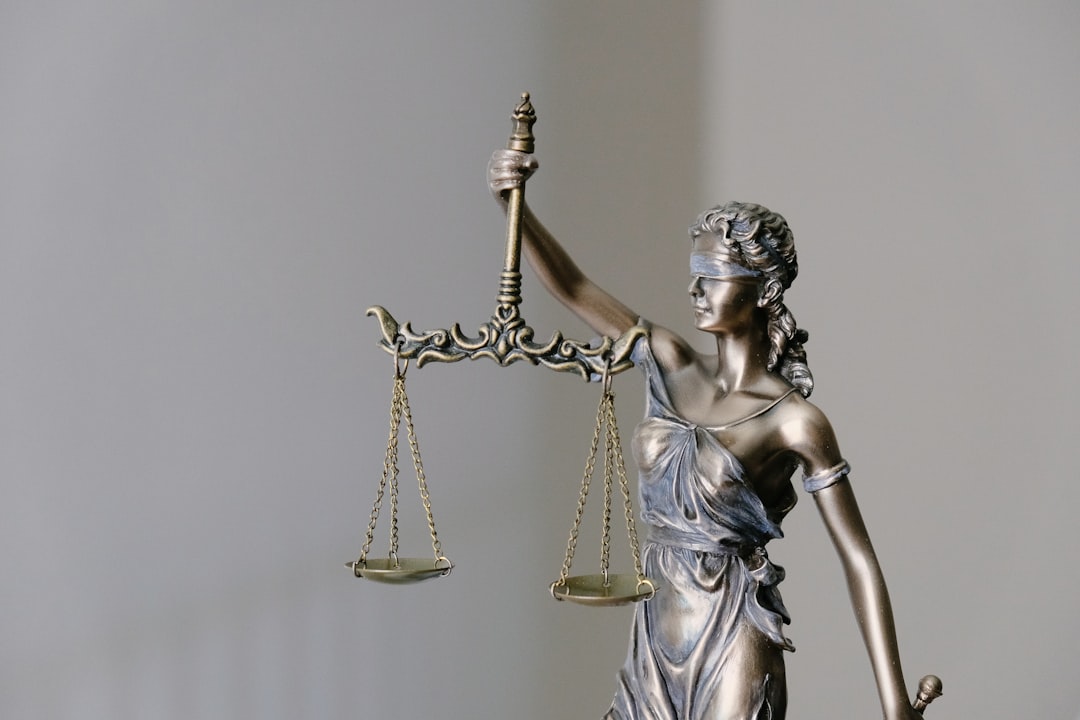
In the aftermath of sexual assault, survivors often require specialized legal support to navigate the complexities of the justice system. This is where rape attorneys in Florida play a pivotal role. They are equipped not only with legal expertise but also with the sensitivity and understanding needed to help survivors heal while pursuing justice. Rape attorneys offer crucial guidance on reporting the incident, understanding their rights, and taking appropriate legal action.
These attorneys work closely with survivors to ensure they feel safe and supported throughout the entire process. They provide a confidential space for sharing details of the assault and explain the potential outcomes, ensuring survivors make informed decisions. Furthermore, rape attorneys in Florida are well-versed in state laws related to sexual violence, enabling them to advocate effectively on behalf of their clients, ultimately helping survivors find closure and safety.
Creating a Safe Space: Strategies for Universities and Colleges
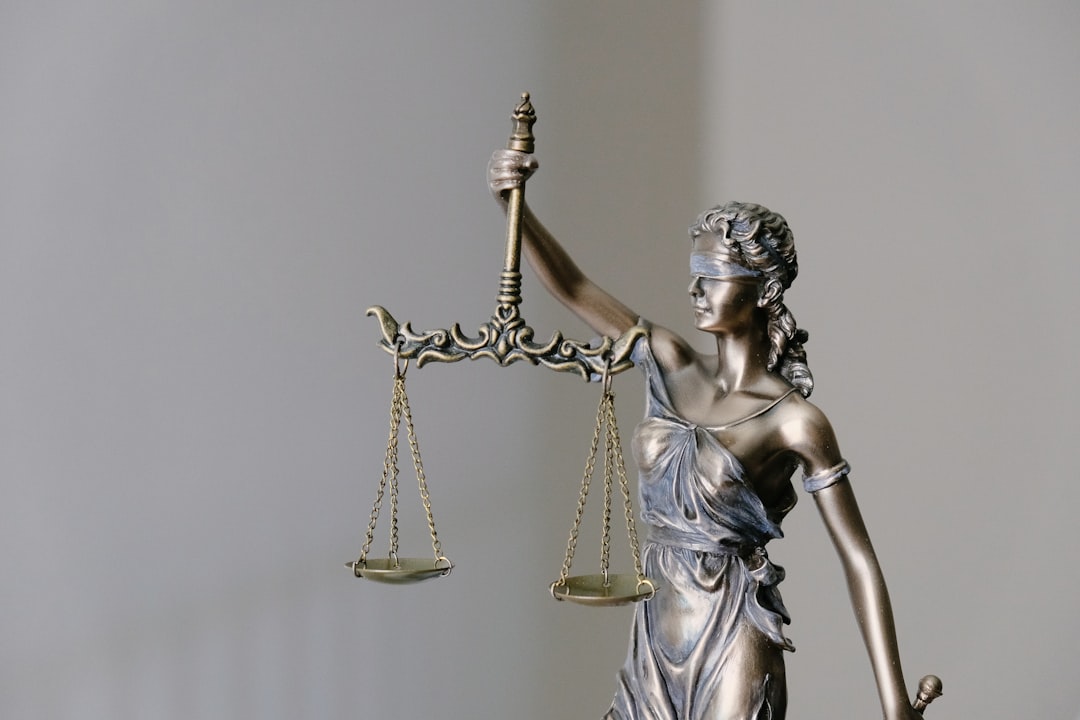
Creating safe spaces is paramount in supporting sexual assault survivors on college campuses. Universities and colleges can play a pivotal role in fostering an environment where survivors feel heard, respected, and supported. Implementing clear and accessible reporting mechanisms is essential; this includes well-publicized resources, such as dedicated hotlines or online platforms, staffed by trained professionals. Designated safe spaces on campus, like specialized counseling centers or support groups, provide survivors with a sense of security and privacy to process their experiences.
Additionally, educating the broader student body about consent, healthy relationships, and the impact of sexual violence can contribute to a culture of prevention. Training for faculty, staff, and peer leaders in identifying signs of distress and responding appropriately ensures that support is readily available. Collaboration with local rape attorneys in Florida can also help establish legal aid networks, offering survivors not only emotional but also legal assistance after an assault.
Legal Rights and Resources for Sexual Assault Victims in Florida

In Florida, sexual assault survivors have legal rights and resources available to them. If you or someone you know has experienced sexual violence, it’s crucial to understand your options. Survivors can expect support from law enforcement, who are required to conduct thorough investigations. Additionally, Florida offers specialized services like crisis centers and hotlines staffed by trained professionals who can provide emotional support, medical care, and legal advocacy. These resources are designed to help survivors navigate the aftermath of an assault and pursue justice if desired.
Rape attorneys in Florida play a vital role in ensuring survivors’ rights are protected. They can guide victims through the legal process, which may include pressing charges against the perpetrator and seeking compensation for any damages incurred. Survivors should not hesitate to reach out to these legal professionals for assistance, as they are equipped to handle sensitive cases with compassion and expertise.
Community Support and Advocacy: Fostering Healing and Change

In the aftermath of sexual assault, community support and advocacy play a pivotal role in healing and driving change on Florida campuses. Beyond legal recourse, which is crucial—with many survivors turning to rape attorneys in Florida for justice—a robust support system is essential for the well-being and reintegration of affected students. This includes peer counseling, safe spaces, and educational programs that promote consent and respect. By fostering an environment where survivors feel understood and supported, campuses can empower individuals to speak up and break the silence surrounding sexual violence.
Advocacy efforts extend beyond individual support to collective action. Student organizations, in collaboration with administrative bodies, can lead initiatives that enhance campus safety protocols, improve reporting systems, and raise awareness through events like educational workshops and advocacy campaigns. Such proactive measures not only ensure a more secure environment but also encourage open dialogue, challenging societal norms that perpetuate sexual assault.

